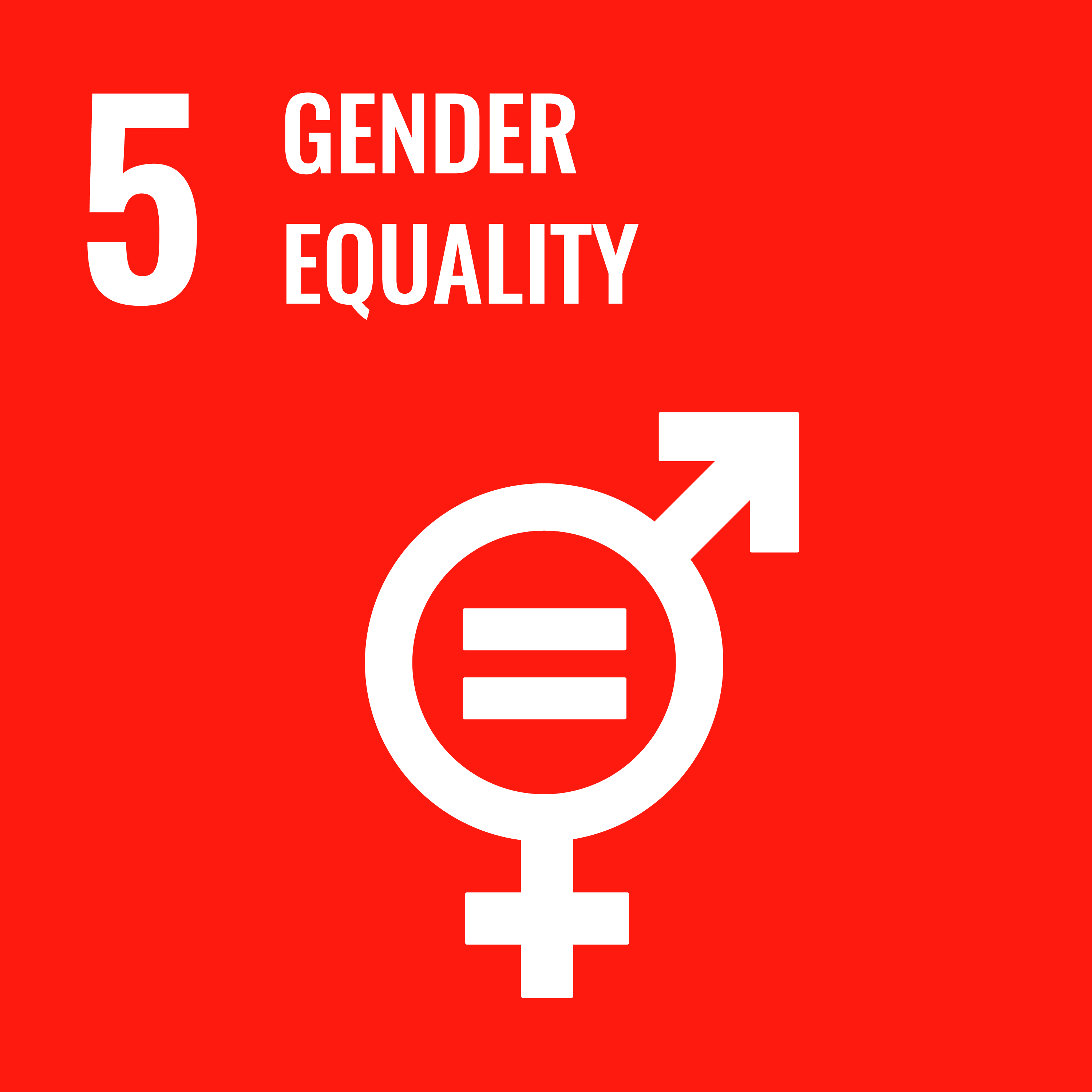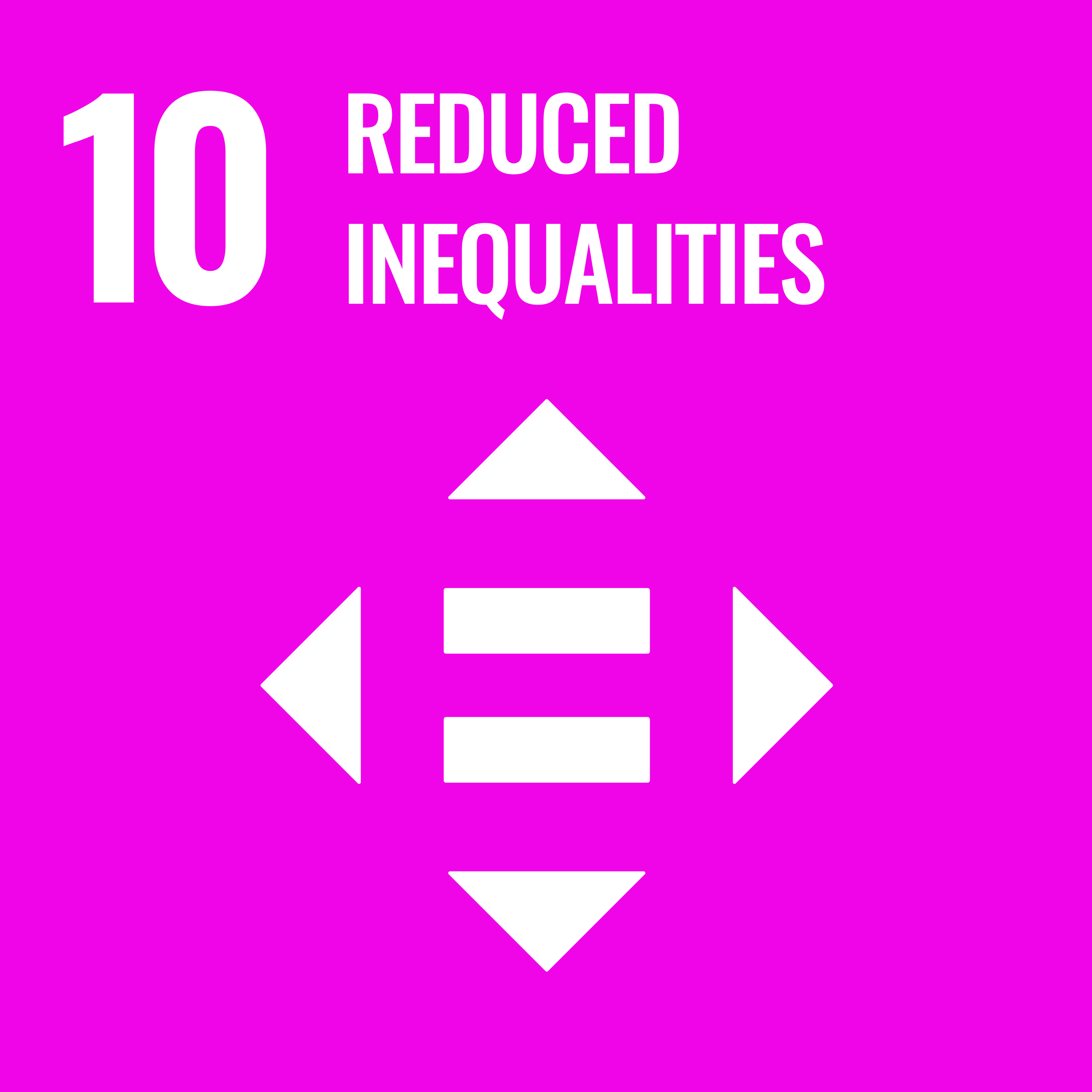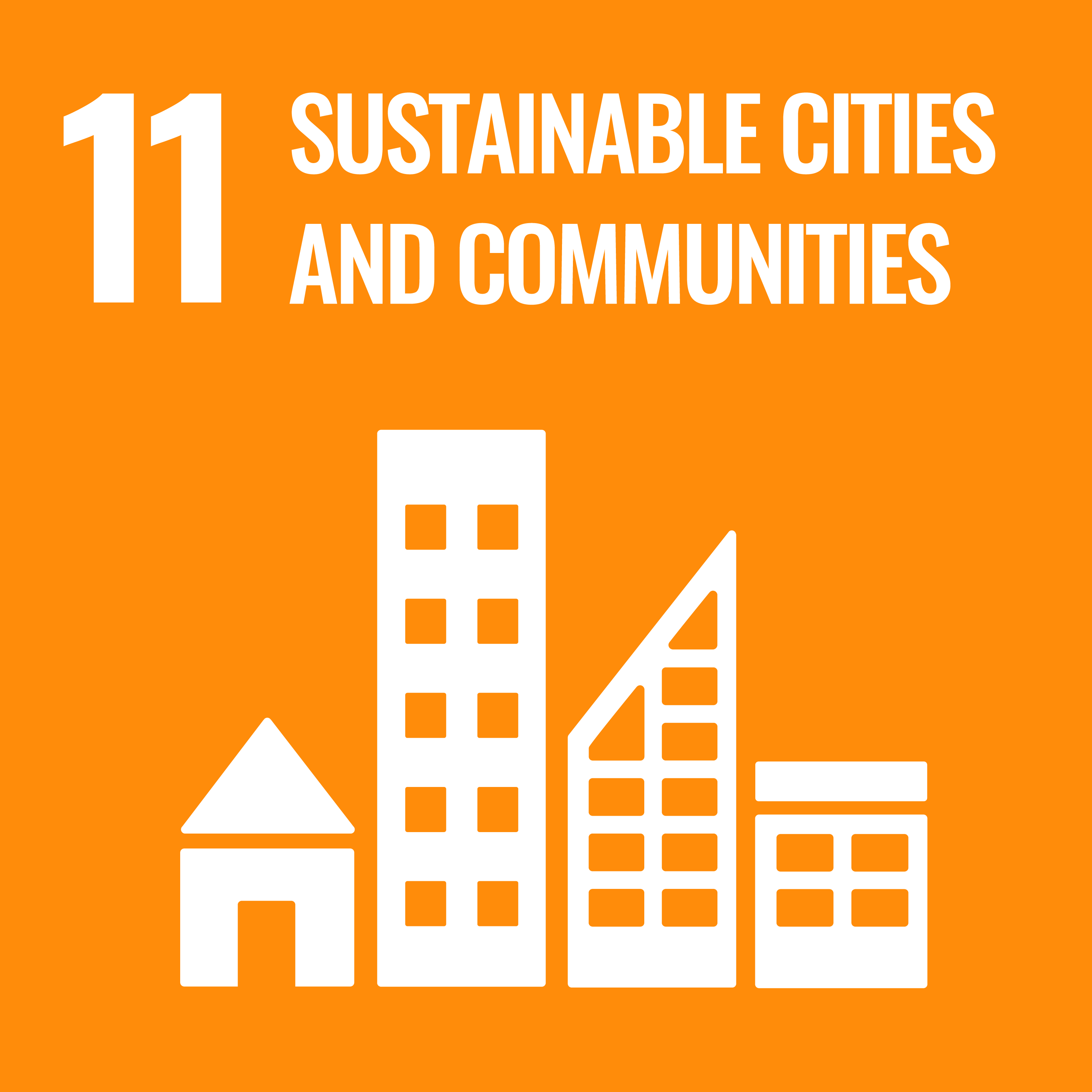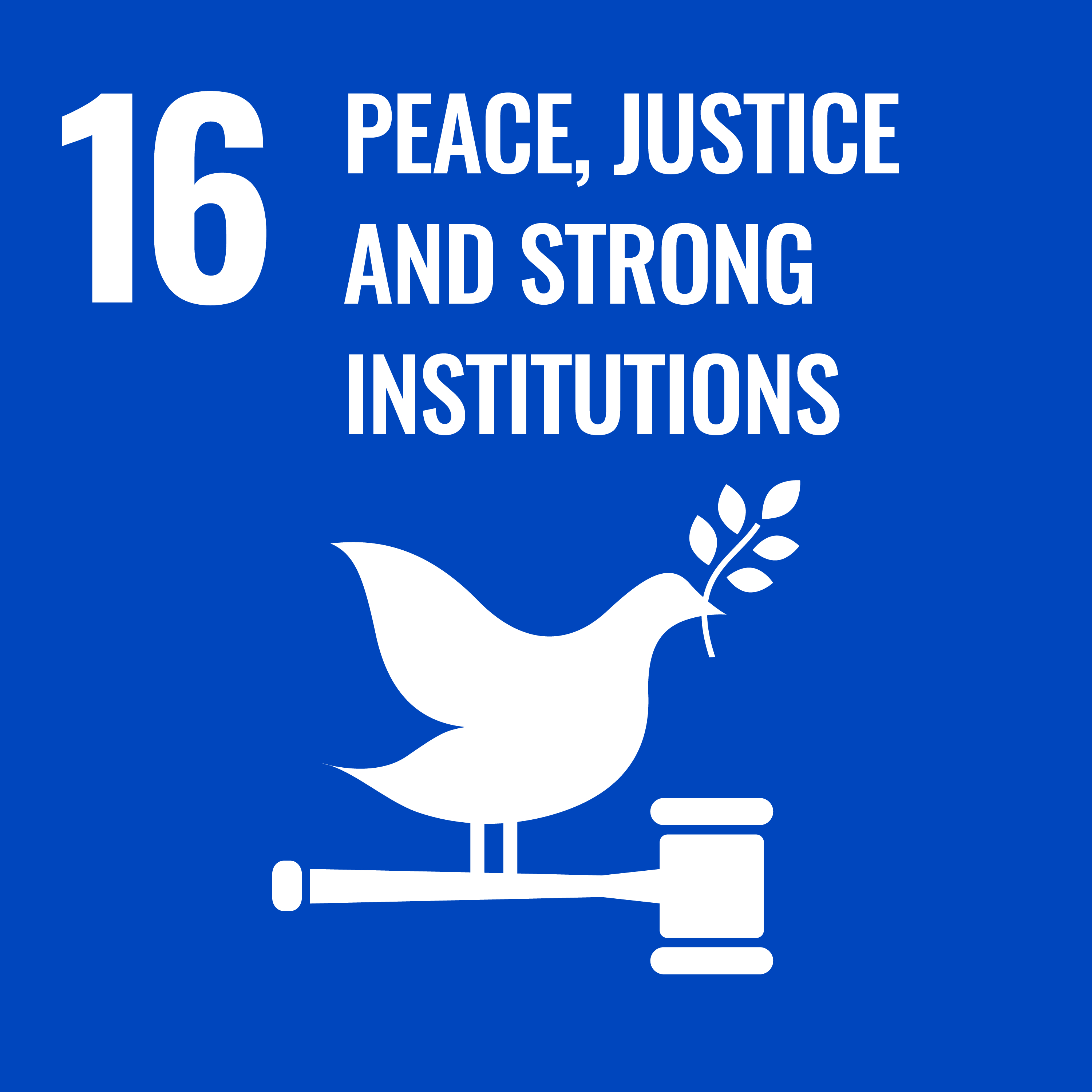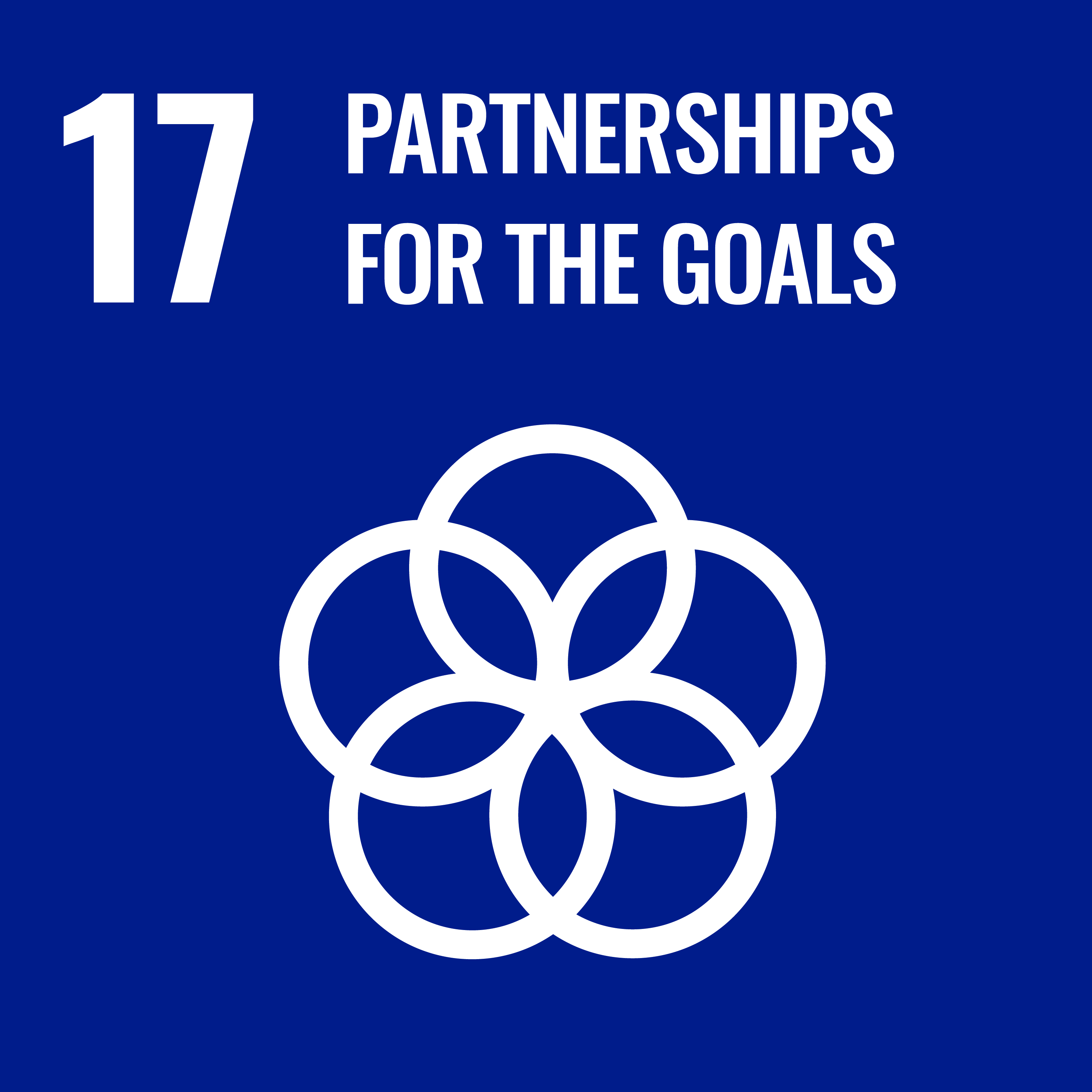Contributes to achieving SDGs
Key results
countries
UN Women worked to ensure statistical systems do not turn a blind eye to women, supporting 76 gender statistics/data initiatives to inform policy, programming and budgeting and/or develop national plans and strategies, and 31 countries used the data for policies and programmes


